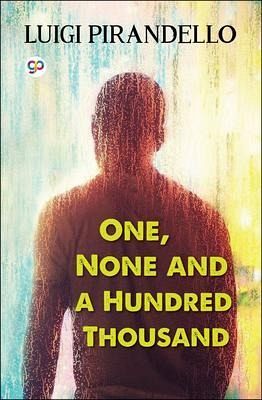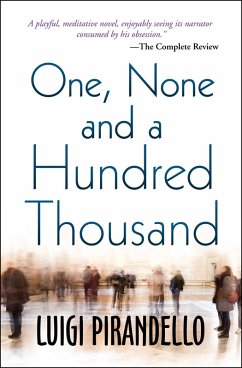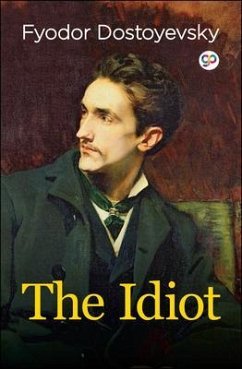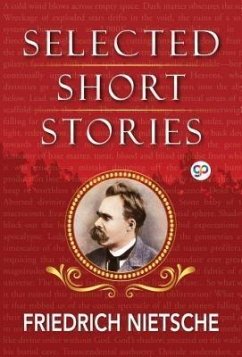
One, None and a Hundred Thousand (eBook, ePUB)

PAYBACK Punkte
0 °P sammeln!
Nobel prize-winning Luigi Pirandello's classic novel on the nature of identity brims with sly humor, compelling drama, and skillfully depicted, oddly modern characters-all capped with timeless insight into the fragile human psyche.Luigi Pirandello's extraordinary final novel begins when Vitangelo Moscarda's wife remarks that Vitangelo's nose tilts to the right. This commonplace interaction spurs the novel's unemployed, wealthy narrator to examine himself, the way he perceives others, and the ways that others perceive him. At first he only notices small differences in how he sees himself and ho...
Nobel prize-winning Luigi Pirandello's classic novel on the nature of identity brims with sly humor, compelling drama, and skillfully depicted, oddly modern characters-all capped with timeless insight into the fragile human psyche.
Luigi Pirandello's extraordinary final novel begins when Vitangelo Moscarda's wife remarks that Vitangelo's nose tilts to the right. This commonplace interaction spurs the novel's unemployed, wealthy narrator to examine himself, the way he perceives others, and the ways that others perceive him. At first he only notices small differences in how he sees himself and how others do; but his self-examination quickly becomes relentless, dizzying, leading to often darkly comic results as Vitangelo decides that he must demolish that version of himself that others see.
About the Author:
Luigi Pirandello (1867-1936) was an Italian novelist, short- story writer, and playwright. His best-known works include the novel 'The Late Mattia Pascal', in which the narrator one day discovers that he has been declared dead, as well as the groundbreaking plays Six Characters in Search of an Author and Henry IV, which prefigured the Theater of the Absurd. In 1926, Pirandello published 'One, No One, and One Hundred Thousand', which he had been writing for the previous seventeen years. He was awarded the Nobel Prize for Literature in 1934.
William Weaver (1923-2013) was a renowned translator who brought some of the most interesting Italian works into English. He translated Italo Calvino, Pier Paolo Pasolini, Italo Svevo, Umberto Eco, Alberto Moravia, and Elsa Morante, to name just a few, as well as Pirandello's The Late Mattia Pascal. An expert on opera, Weaver lived for many years in a farmhouse in Tuscany and later became a professor of literature at Bard College.
Luigi Pirandello's extraordinary final novel begins when Vitangelo Moscarda's wife remarks that Vitangelo's nose tilts to the right. This commonplace interaction spurs the novel's unemployed, wealthy narrator to examine himself, the way he perceives others, and the ways that others perceive him. At first he only notices small differences in how he sees himself and how others do; but his self-examination quickly becomes relentless, dizzying, leading to often darkly comic results as Vitangelo decides that he must demolish that version of himself that others see.
About the Author:
Luigi Pirandello (1867-1936) was an Italian novelist, short- story writer, and playwright. His best-known works include the novel 'The Late Mattia Pascal', in which the narrator one day discovers that he has been declared dead, as well as the groundbreaking plays Six Characters in Search of an Author and Henry IV, which prefigured the Theater of the Absurd. In 1926, Pirandello published 'One, No One, and One Hundred Thousand', which he had been writing for the previous seventeen years. He was awarded the Nobel Prize for Literature in 1934.
William Weaver (1923-2013) was a renowned translator who brought some of the most interesting Italian works into English. He translated Italo Calvino, Pier Paolo Pasolini, Italo Svevo, Umberto Eco, Alberto Moravia, and Elsa Morante, to name just a few, as well as Pirandello's The Late Mattia Pascal. An expert on opera, Weaver lived for many years in a farmhouse in Tuscany and later became a professor of literature at Bard College.
Dieser Download kann aus rechtlichen Gründen nur mit Rechnungsadresse in A, D ausgeliefert werden.













